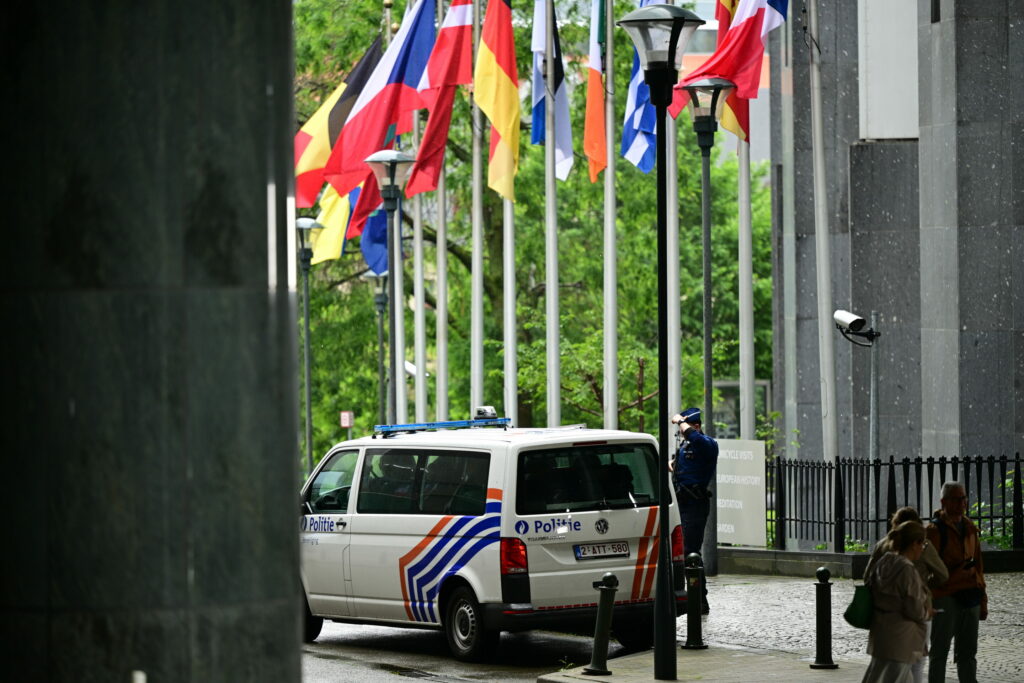For the first time, the European Union has decided to impose sanctions on individuals and organisations responsible for Russian destabilisation operations in Europe.
These sanctions, outlined in a framework determined by the EU in October, aim to combat so-called hybrid threats from Russia, including information manipulation and interference. On Monday, foreign ministers restricted the liberty of 16 individuals and three organisations.
"These measures are in response to Russia’s malicious actions and its lack of respect for a rules-based international order and international law," an EU statement read.
Included in the list is GRU Unit 29155, a secret unit of Russian military intelligence known for its involvement in assassinations, bombings, cyberattacks, and other destabilisation activities abroad, in Ukraine, Europe, and Africa.
The ministers also targeted the disinformation campaign Doppelganger, which involves the near-perfect imitation of reputable media sites. It spread false information targeting European countries, the United States, and Ukraine to support the Russian invasion. Sanctions were also imposed on those involved in an operation against the German intelligence service BND, where confidential documents were leaked to Russia.
The Pan-African Group for Trade and Investment will also face sanctions. This disinformation network has conducted pro-Russian influence operations, particularly in the Central African Republic and Burkina Faso.
On the list is Artem Kureev, a senior GRU official who took over Wagner Group operations in Africa following the death of its founder, Yevgeny Prigozhin.
As with other EU-imposed sanction regimes, the assets of these individuals and organisations are frozen within European territory. European citizens and businesses cannot make funds available to them, and travel bans are also in effect.

